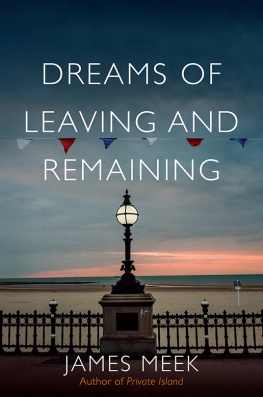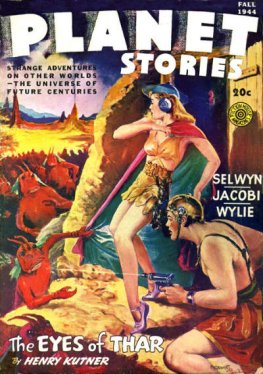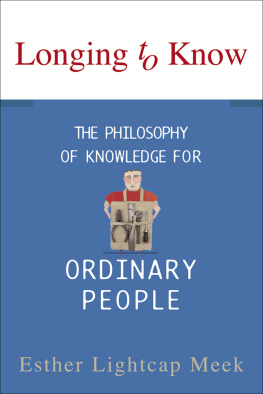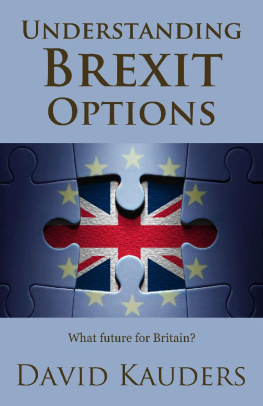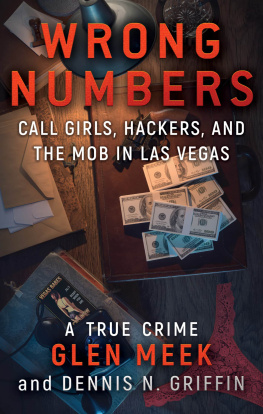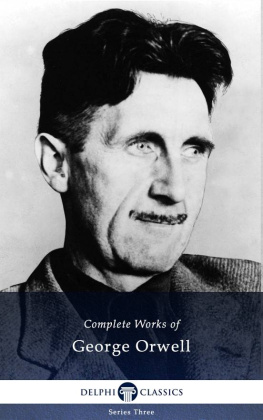Contents

DREAMS OF LEAVING AND REMAINING
Also by James Meek
NOVELS
McFarlane Boils the Sea
Drivetime
The Peoples Act of Love
We Are Now Beginning Our Descent
The Heart Broke In
To Calais, In Ordinary Time
SHORT STORIES
Last Orders and Other Stories
The Museum of Doubt
NON-FICTION
Private Island: Why Britain Now Belongs to Someone Else
DREAMS OF LEAVING
AND REMAINING
James Meek

First published by Verso 2019
James Meek 2019
Earlier versions of the following chapters originally appeared in the
London Review of Books: introduction in vol. 40, no. 19; Chapter 1
in vol. 37, no. 8; Chapter 2 in vol. 38, no. 12; Chapter 3 in vol. 40,
no. 7; Chapter 4 in vol. 39, no. 8; epilogue in vol. 38, no. 4
All rights reserved
The moral rights of the author have been asserted
1 3 5 7 9 10 8 6 4 2
Verso
UK: 6 Meard Street, London W1F 0EG
US: 20 Jay Street, Suite 1010, Brooklyn, NY 11201
versobooks.com
Verso is the imprint of New Left Books
ISBN-13: 978-1-78873-523-0
ISBN-13: 978-1-78873-525-4 (US EBK)
ISBN-13: 978-1-78873-524-7 (UK EBK)
British Library Cataloguing in Publication Data
A catalogue record for this book is available from the British Library
Library of Congress Cataloging-in-Publication Data
A catalog record for this book is available from the Library of Congress
Typeset in Adobe Garamond Pro by Hewer Text UK Ltd, Edinburgh
Printed and bound by CPI Group (UK) Ltd, Croydon, CR0 4YY
Their mental state is that of a collectively excited group ruled by affective judgments and wish-fantasies. In a state of collective possession they are the adapted ones and consequently they feel quite at home in it.
Carl Jung, The Undiscovered Self
The Spitfire is an iconic symbol of world-class aerospace engineering, and Im delighted to see this unique piece of British history brought to a global audience.
Liam Fox, Britains international trade secretary,
explaining in 2018 how his government would
encourage foreigners to buy British goods by
sponsoring a round-the-world trip by an obsolete
machine designed to kill foreigners
Contents
A few weeks after the Brexit referendum, I went out in the evening with a friend. Id always thought of him I still do as a small l liberal: a white English man in his late forties, middle-class, a native Londoner, articulate, funny, tolerant, easy-going, well-travelled, open-minded, Oxbridge-educated. I deemed him a sceptic of institutions big corporations, governments, political parties but a believer in the principles that kept them in check: democracy, transparency, the rule of law. Smarting from the referendum result, he said something more radical than Id heard him utter before. I dont get it, he said. What about all these powerful backroom interests in the City that are supposed to have the government in their pocket? Why arent they stepping in behind the scenes to stop this? I would never endorse corrupt, opaque methods of subverting democracy, he was saying, but somebody has to stop this Brexit nonsense.
What had happened to this thoughtful and fair-minded citizen, not ready to ditch democracy himself, but reluctantly prepared to let somebody else ditch it for him? The surprising thing was I wasnt surprised he felt that way. I was only surprised he blurted it out loud. Since the referendum Id been troubled by similar dark impulses, which Id repressed on the lines that dark thoughts, kept isolated from speech and action, are part of your inner psychic sea, mental eruptions you contain without self-reproach. Puzzlingly, Id found other, contradictory impulses triggered in me by things I had heard or read: impulses that suggested that, although I had voted to remain in the EU, and would do so again, I had my inner Leaver too. Impulses that, if spoken out loud, would sound like How did it get to the point that untangling a set of bureaucratic agreements makes everyone so hostile and emotional? Im not sure I want to stay in an organisation that makes such a big deal about us leaving it.
Ive witnessed episodes of national upheaval in other countries. To witness is not the same as to feel, and social earthquakes in other countries are different from those that happen in countries where you are born and grow up. Brexit is turmoil at home, and that feels different. In many ways it would be absurd and disrespectful to compare events in the former Soviet Union or the Middle East, accompanied by so much blood and hunger, to the story of Britains departure from the European Union, which, till now, has been a Punch and Judy sort of revolution, more farce than tragedy. So far in Britain the turmoil has been mainly psychic. But the psychic tremors have been powerful. Material losses can be made good. Psychic dislocation is harder to repair, particularly when the very act which is, for some citizens, a horribly demoralising reconfiguration of their sense of themselves in the world is, for many others, a purgative act, restoring a psyche wounded by decades of communal defeat.
We dont yet know where this schism will lead. It sometimes seems as if Britain, and the wider transatlantic world, are going through a mirror version of the sexual revolution of the 1960s, where in place of the call to liberate the self from ones sexual repression, to cure sexual hang-ups, the implicit call is for people to set themselves free from self-imposed restraints on expressing their primal political instincts. Listen to your inner authoritarian. Dont be bound by the prim norms of racial tolerance. All you need is hate.
The essays collected here, which originally appeared in the London Review of Books, arent England on the couch. But as well as digging into history, looking at the stats and talking to specialists, researching them involved long hours encouraging people who arent academics or media-habituated experts to tell me about their lives and about the way they see the world at a level of analysis they wouldnt usually have reason to express.
The questions I set out to answer are concrete why was the United Kingdom Independence Party, initially perceived as a de facto breakaway wing of the Conservatives, so strong in run-down northern Labour strongholds like Grimsby? What would happen to the land if Britain left the EU? Was the NHS failing, and why? Were there winners and losers at the two ends of a globalisation chain, or only winners, or only losers? But at the same time I was listening out for something more elusive and intangible not just what the English feel or know or believe about this or that event, but the fabric of past, present and future within which, as they represent to themselves, events occur. There are realms of non-academic, non-journalistic representation of the wider world where the actual, the legendary, the remembered, the anticipated, the heard-about and read-about, the personal and the communal combine to form a framework that both provides the site for and explains events. These realms are myth, and dream.
By dream I dont mean the mental manifestations of sleep or the words modern sense of perfect outcome. I mean an underlying model of the world, in the sense of the Australian Aboriginal dreaming, a transcendental map-narrative. White man got no dreaming, says the unnamed Aboriginal thinker in W. E. H. Stanners famous essay The Dreaming, but the observation is too absolute. Just as, in Stanners account, the Aboriginals he knew could be as logical and rational as any European, even while they lived within the dreaming, so the mental framework of rationality, or common sense, within which the English like to believe they live coexists with a less reasoned world view not so utterly different from the dreaming Stanner describes:

